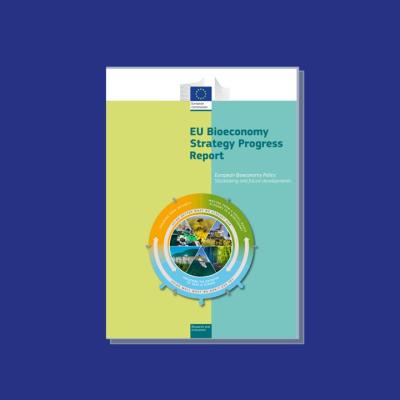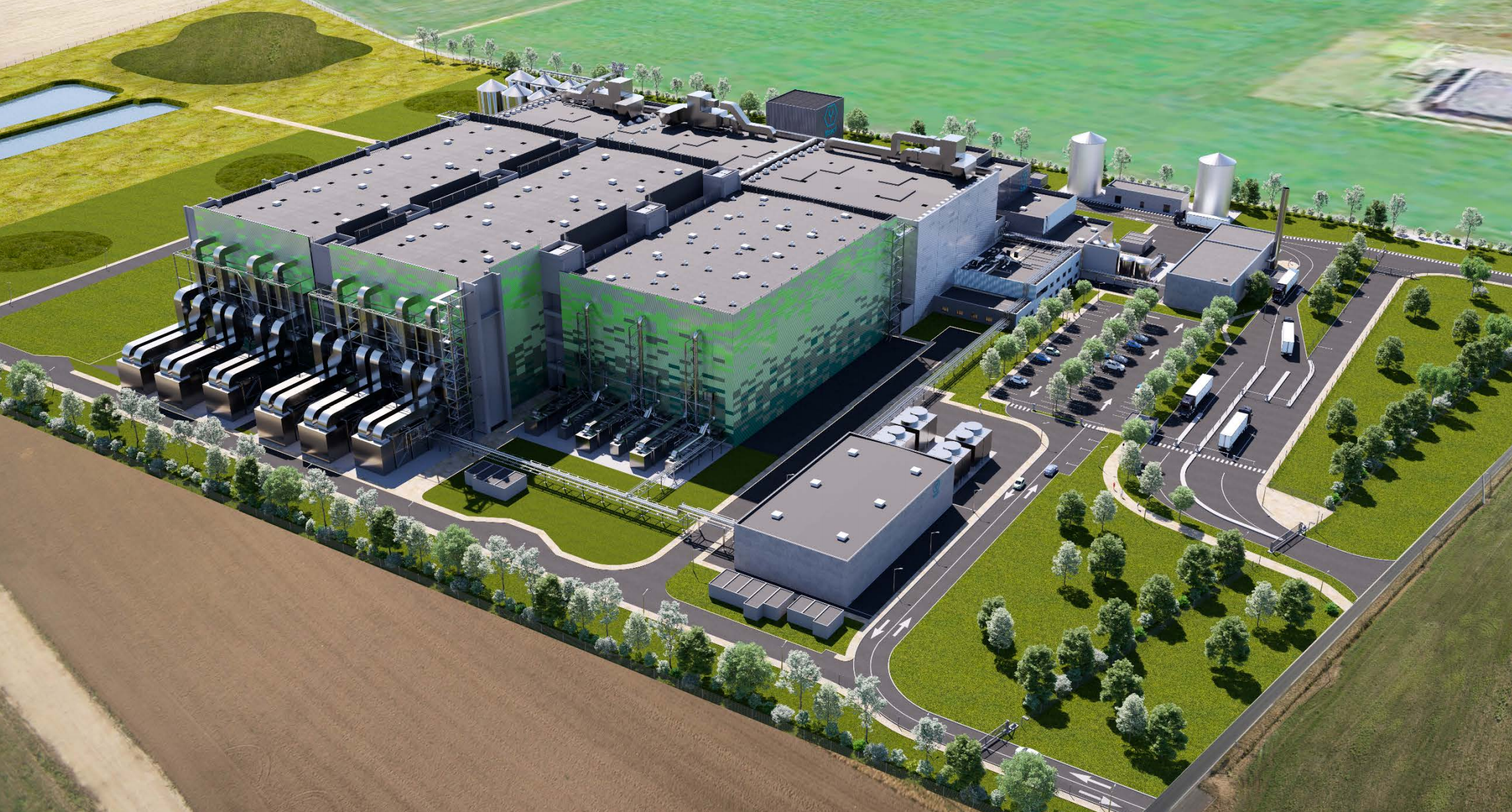
The European Commission released the EU Bioeconomy Strategy progress report last week. The document recognises the central role of CBE JU and its predecessor, the Bio-based Industries Joint Undertaking (BBI JU), in deploying and strengthening the bio-based industries in Europe. The report qualifies the public-private partnerships as ‘the most ambitious research and innovation initiatives in the European bioeconomy.’ It also summarises the advancements in the European bioeconomy since 2018 and identifies the gaps for future action plans and initiatives.
The most ambitious R&I initiative in the European bioeconomy
The European Commission highlighted the key role of CBE JU and BBI JU in advancing the bio-based economy in Europe: ‘Through investing a combined amount of public and private funding of at least €5.7 billion in developing a sustainable and competitive bio-based industry and preparing the post-petroleum era, those partnerships have been contributing to several objectives of the European Green Deal and UN Sustainable Development Goals.’
The report details some of the areas in which the BBI JU-funded projects have advanced the European bioeconomy: demonstrating the vast potential of the bio-based industries, spurring industrial modernisation, establishing sustainable value chains, improving resource efficiency, and promoting research and development.
The thirteen flagship projects funded by BBI JU are highlighted in the report to illustrate the advancement of green and crucial industries across the continent. These projects' biorefineries are the first to deploy at an industrial scale sustainable bio-based solutions to improve Europe’s economy and environment. For instance, the FIRST2RUN biorefinery is producing at large scale biodegradable and compostable bio-based products that replace everyday items usually made from fossil fuels. The PLENITUDE and FARMŸNG projects will reduce the EU’s reliance on imports by producing environmentally friendly proteins.

in Amiens, France, to produce environmentally friendly proteins.
The CBE JU-funded biorefineries have generated over 20,000 jobs and attracted €5.2 of private investment for every euro of public funding. They are key enablers of the European Green Deal by reducing 800 KT of CO2 and bringing sustainable products, materials and chemicals to the market. These projects have been a decisive factor in making Europe the worldwide leader in the bioeconomy.
Good progress since 2018
The report tracks the progress of the 2018 Bioeconomy Strategy’s main objectives:
- Private investments, start-ups and research and innovation in food and other bio-based industries are increasing and show promising developments. Europe has a strong position in the global market for bio-based chemicals and materials.
- An increasing number of national and regional bioeconomy strategies promote cross-sectoral cooperation and sustainability principles, as well as investment in bio-based innovations.
- Central and Eastern European countries show considerable progress on bioeconomy deployment, aided by significant EU funding support and the establishment of new networks.
Remaining gaps
Despite the progress on many fronts, the report also points out the areas that need further action. First, Europe needs to focus on better managing land and biomass demand to meet environmental and economic requirements for a climate-neutral continent. Second, more work needs to be invested in sustainable consumption patterns to enhance ecological integrity.